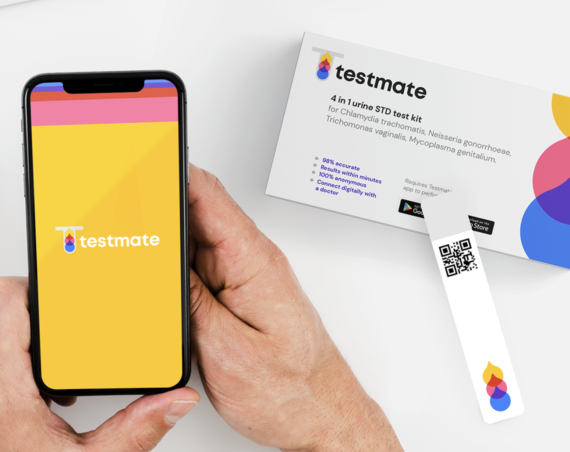
In the very heart of the femtech movement, where innovation meets the vast, deep-rooted and underserved needs of women’s health, we’re fighting not just for the wellbeing of others, but also, ironically, often for our own. As the Founder of Femtech Insider, I’ve seen firsthand the incredible strides we’ve made towards recognizing and addressing the health needs of women. Yet, this journey has not been without its personal costs, reflecting a troubling paradox within our ecosystem.
The recent discourse, illuminated by findings from a Sifted survey, paints a stark reality for founders —overworked, overwhelmed, and, frankly, often on the brink. But the data only tells part of the story. Behind each statistic is a personal battle with stress, burnout, and a sense of isolation exacerbated by the very ecosystem we strive to uplift.
Personally, the challenge has been twofold. Not only am I navigating the relentless pressures of running a bootstrapped company, but I’m also grappling with the constant expectation to contribute more to our cause and ecosystem, often without compensation. This expectation to always be available, to offer insights and support for free, underlines a pervasive issue in our community: the undervaluing of our expertise and time. The narrative seems to suggest that because our work is mission-driven, our personal boundaries and financial needs should somehow take a back seat.
This sentiment extends to the broader femtech space, where founders, particularly women, face undue pressure to prove their worth. We’re celebrated for our resilience and dedication but shamed when we prioritize our health or dare to ask for fair compensation or valuation. This cycle of expectation and exploitation is not just unsustainable; it’s unjust.
The reality is, the femtech ecosystem, like many sectors within the startup world, is failing many of its founders. We’ve built a culture that glorifies perpetual hustle at the expense of personal wellbeing. We celebrate those who sacrifice the most, often overlooking the dire consequences of such a mindset. As a result, many are left feeling like they’re never doing enough, even as they push themselves to the brink.
It’s time for a paradigm shift. We need to move beyond performative activism and hollow acknowledgments of founder wellbeing. Real support means creating spaces for genuine rest and recovery, offering fair compensation for our work, and recognizing the value of our contributions.
To my fellow founders, I want you to know that your worth as a human being is not measured by your output, your company’s valuation, or the number of hours you work. You are more than your startup. It’s okay to set boundaries, to seek fair compensation, and to say no. Your health and wellbeing are paramount, and anyone who tells you otherwise frankly does not have your or your company’s best interests at heart. And yes. I know. Given the system we all operate in all of this is much easier said than done.
To the VCs, partners, and collaborators within our ecosystem: It’s time to rethink how we support founders. Please move beyond mere lip service and invest in the holistic success of the people behind the startups. Understand that when they thrive personally, their businesses—and, by extension, your investments—will flourish as well.
As for me, I feel compelled to speak up today, not just for myself, but for those in the femtech space who might not feel they can. The freedom to voice these concerns comes from Femtech Insider not being venture-backed, allowing me a platform to advocate for those who, due to pressures and potential consequences, remain silent. It’s a responsibility I don’t take lightly, championing the need for systemic change in how we support and value our founders.
I’m committed to leading by example. I refuse to be shamed for prioritizing my health or for asserting my value. And I encourage you, whether you’re a founder, investor, or supporter, to join me in this mission. Let’s build a femtech ecosystem, a startup ecosystem, that values people over profit, wellbeing over workload, and compassion over competition. I’m not sure how, but I trust that together, we can and must redefine what success looks like in our industry and beyond.



